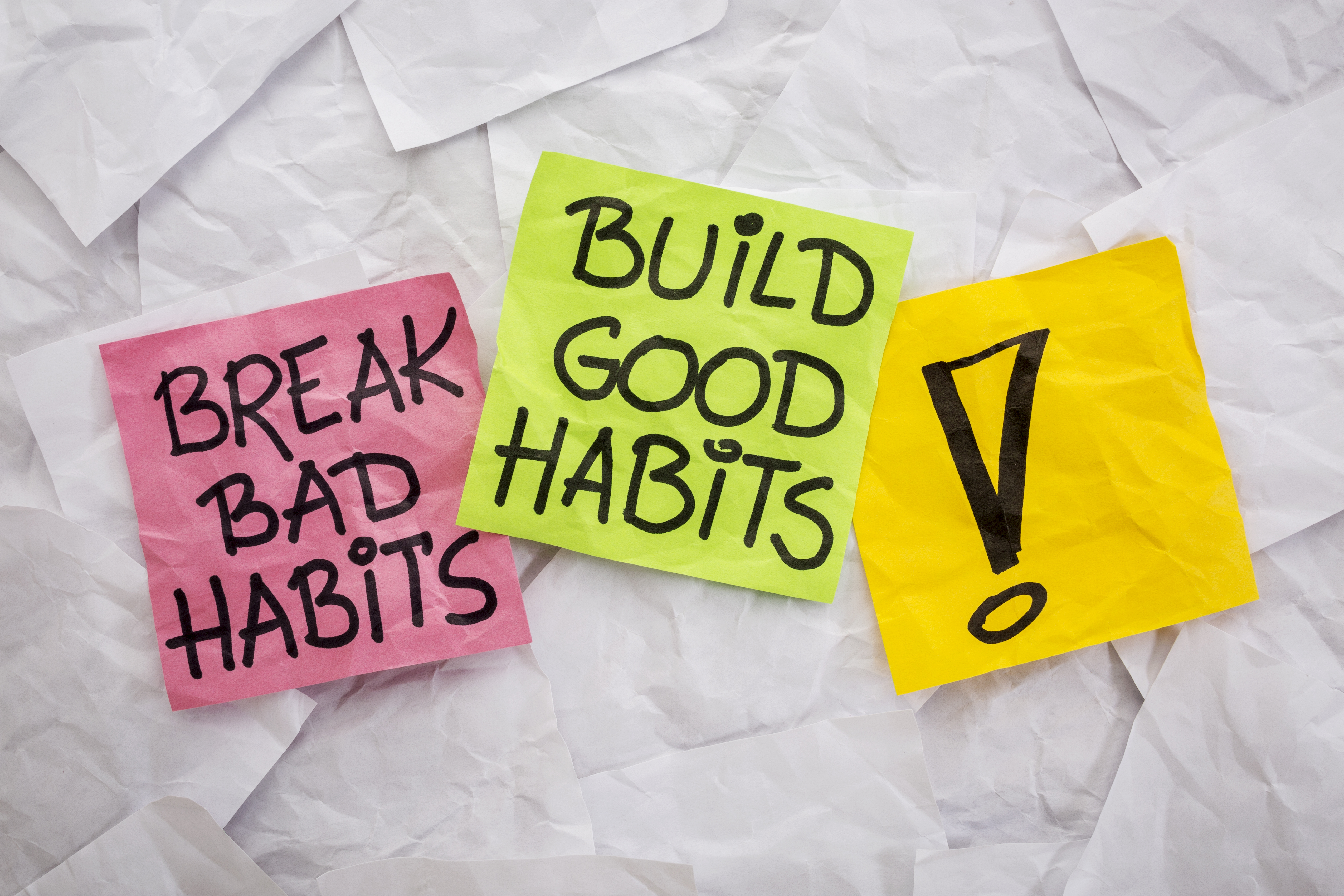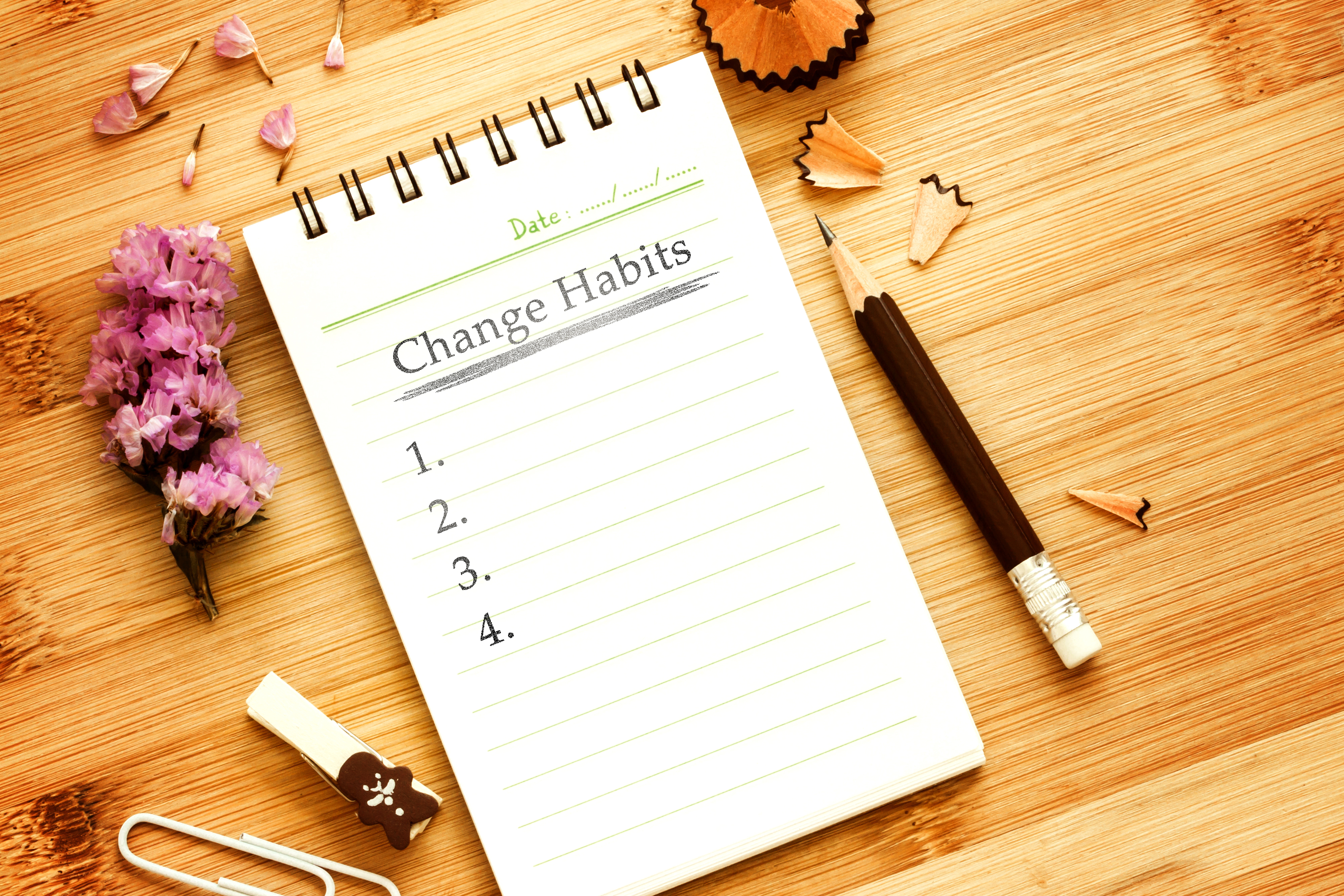
Understanding that certain habits or behaviors are harmful to our well-being, it can be a challenge for anyone to break free from them. Why is it that individuals who intend to quit smoking continue to smoke? Why do alcoholics and drug users struggle to give up their addictions, despite knowing that quitting would improve their health, family relationships, and social lives? Moreover, why do we find it difficult to initiate positive changes, even when we recognize the need to adopt healthier lifestyles and habits, such as getting a proper eight hours of sleep each night? In this article, we will delve into the reasons behind the persistence of these harmful habits and explore the underlying motivations that drive people to follow them.

The Knowing-Doing Gap
Bad habits can become ingrained and comfortable, allowing us to engage in activities without exerting much effort. As a result, we derive enjoyment from these habits, triggering the release of dopamine, a happy hormone, in our brains. The presence of dopamine reinforces this cycle, making it easy to repeat these behaviors and challenging to break free.
For instance, smoking or drinking alcohol during leisure time may temporarily alleviate stress, leading to the release of happiness hormones in the brain. Consequently, quitting smoking or alcohol becomes difficult due to the pleasurable effects experienced. Similarly, activities such as sitting in front of the TV, using social media, and consuming fast food are often more tempting than engaging in activities like meditation, getting up and accomplishing tasks, or exerting effort. This is because these bad habits provide a similar level of dopamine, making them more enticing.

Importance of Fixing Bad Habits
Habits play a crucial role in our daily lives, and in order to cultivate a healthy lifestyle, both physically and mentally, it's important to develop good habits. By replacing unhealthy habits with positive ones, such as adopting a nutritious diet and embracing quality time with our loved ones, we can truly enjoy a healthy and fulfilling life. Thus, the focus becomes how to break free from the grip of repetitive bad habits, making it a key priority in our journey towards a healthier and happier existence.

How to Break Free from Bad Habits?
In reality, people are aware of their addiction to bad habits and constantly strive to break free from them. That's why almost everyone makes resolutions and motivates themselves to embrace positive changes in the new year. However, it's not easy to consistently follow through and stay committed to those decisions. Initially, you may feel enthusiastic, but over time, your motivation can wane, and your goals may gradually fade from memory. To overcome this challenge, these tips are helpful to employ specific techniques that aid in breaking bad habits and fostering positive change.
(1) Cut down Slowly
Because long-term addictive habits do not form overnight or in a single morning, quitting them immediately can also be challenging. While it may not be feasible for a smoker to quit smoking abruptly, it is possible to gradually reduce the frequency of smoking. Similarly, if breaking free from bad habits like caffeine addiction, alcohol or drug dependencies, and social media addiction feels overwhelming in a short period of time, a slow reduction can be used.
(2) Away from Persuasion
In today's world, it's easy to get caught up in things that are enticing, like addictive substances or activities. If you have multiple negative influences in your life, it can be harder to break free from them. To overcome these challenges, take a moment to think about what tempts you and the people you spend time with. Avoid situations that make it easy to give in to these habits and surround yourself with supportive friends. By doing so, you'll be taking steps toward breaking those bad habits.

(3) Replace them
One of the most effective ways to move on from a habit is to replace it with a healthier alternative. Cutting off a habit suddenly can be challenging, so finding a substitute is often easier. While bad habits may initially provide relaxation and stress relief, they can eventually lead to emotional and physical harm as addiction sets in. Instead of relying on smoking to reduce stress, consider replacing it with activities like running or walking. Similarly, if you usually drink alcoholic beverages with friends, find something else enjoyable to do together that doesn't involve alcohol. Replacing habits is a way to break free from the negative ones, but it's important to be cautious not to replace a bad habit with another harmful one.
(4) Respect yourself
It is important to uphold our promises, both in terms of moral standards and in our relationships. When it comes to keeping promises to others, making commitments to ourselves is equally crucial. Self-respect and self-love play a significant role in replacing bad habits with good ones. Once we prioritize these values, we become the primary beneficiaries. Therefore, make a promise to yourself to break free from destructive habits that hinder your future, and take practical steps to make it happen.
We don't want to imply that being trapped in bad habits is a grave sin, but we also don't want to convince ourselves that we have to endure and live with them forever. On the contrary, when we are constantly aware of the mental, physical, and social impacts caused by these bad habits, it serves as a reminder to change. Since circumstances vary from person to person, there are different approaches and durations to break free from addiction. Let's explore ways to stay motivated and overcome these negative habits.




Comments